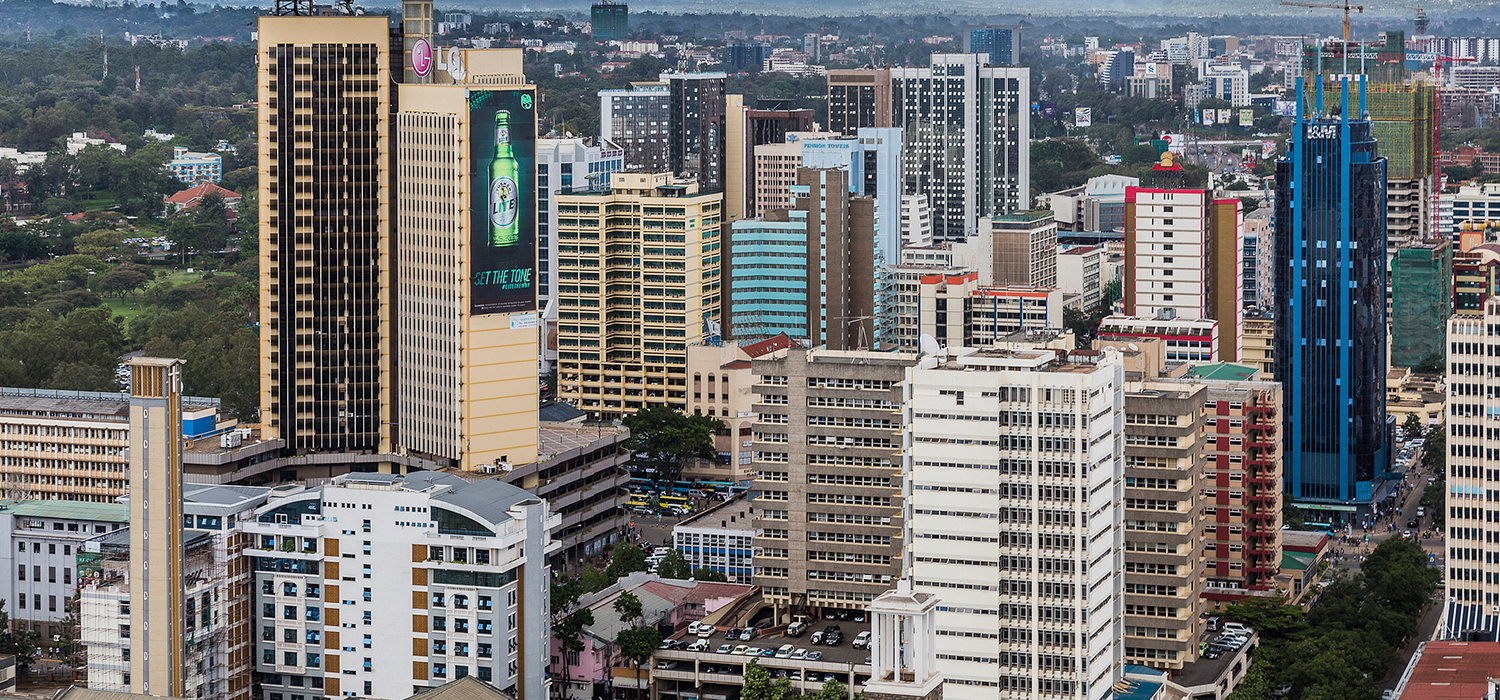
Of the world’s 10.5 million refugees, just one-third reside in camps. This figure turns on its head the common perception that refugees live in rural camp settings and begs the question: where are the other seven million refugees?
The short answer is that many refugees and displaced peoples make their way to cities or other communities in pursuit of better opportunities for employment and education, to join existing ethnic or familial social networks, and to gain some level of security not available to them in settlements.
However, host country policies designed to protect and support refugees often apply only to those residing in settlements, implicitly discouraging refugees from moving into urban areas. So if policies largely overlook the existence of urban refugees, how do governments, humanitarian agencies, civil society organizations, and others plan, implement, and coordinate efforts to ensure that this massive segment of the refugee population is cared for?
To help answer this question, the Urban Institute is implementing a one-year research project under the US Department of State’s Bureau of Population, Refugees, and Migration to better understand the incentives and constraints faced by local governments, international organizations, and other stakeholders in providing and coordinating health, housing, and access to work services for urban refugees.
Working with partners in Kampala, Uganda; Johannesburg, South Africa; and Nairobi, Kenya; researchers at Urban’s Center on International Development and Governance are piloting a new tool to help humanitarian organizations and local agencies understand the gaps in providing services to refugees, the processes underlying service provision, and opportunities for improving access.
Our methodology brings together Urban’s expertise on local government with our partners’ previous research on responses to migration and displacement in Southern Africa, which we recently highlighted on Urban Wire. This research (led by Urban’s Ben Edwards) is still in the pilot phase, but we’ve identified a few early observations about the challenges involved in providing services to urban refugees.
What we have found so far is a lack of strong incentives among local authorities to take responsibility for refugees. Refugees are not viewed as an active or valuable constituency; local actors see them as an additional stress on service delivery infrastructure that’s already overburdened. Despite this pessimistic perspective, the tool has also demonstrated that access to service can be improved when cities, local organizations, and international stakeholders work together to find opportunities for shared value.
In one example, Refugepoint, a nonprofit organization working with refugees in Nairobi, partnered with an official in the City Ministry of Health to enroll refugees into the National Health Insurance Fund. The collaboration proved to be mutually beneficial, as the official was able to meet net enrollment targets while Refugepoint increased health security for refugees.
Identifying opportunities like this one is precisely what the tool intends to support. By mapping the formal and ad hoc systems that are supposed to provide for urban refugees, this process can equip local actors to find service gaps, understand incentives or obstacles, and develop practical strategies for improving coordination.
Over the course of the project we will continue to highlight findings from our work and illuminate the interconnected issues of displacement, migration, and access to services.
Tune in and subscribe today.
The Urban Institute podcast, Evidence in Action, inspires changemakers to lead with evidence and act with equity. Cohosted by Urban President Sarah Rosen Wartell and Executive Vice President Kimberlyn Leary, every episode features in-depth discussions with experts and leaders on topics ranging from how to advance equity, to designing innovative solutions that achieve community impact, to what it means to practice evidence-based leadership.